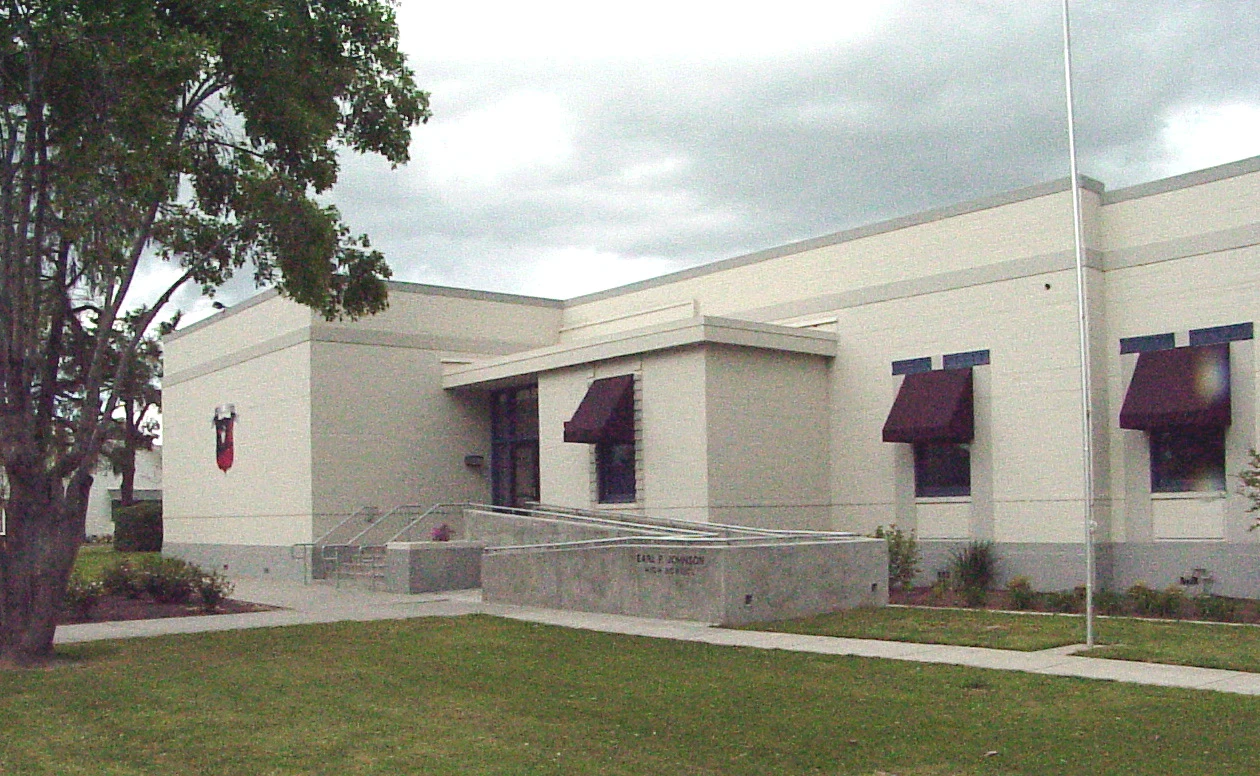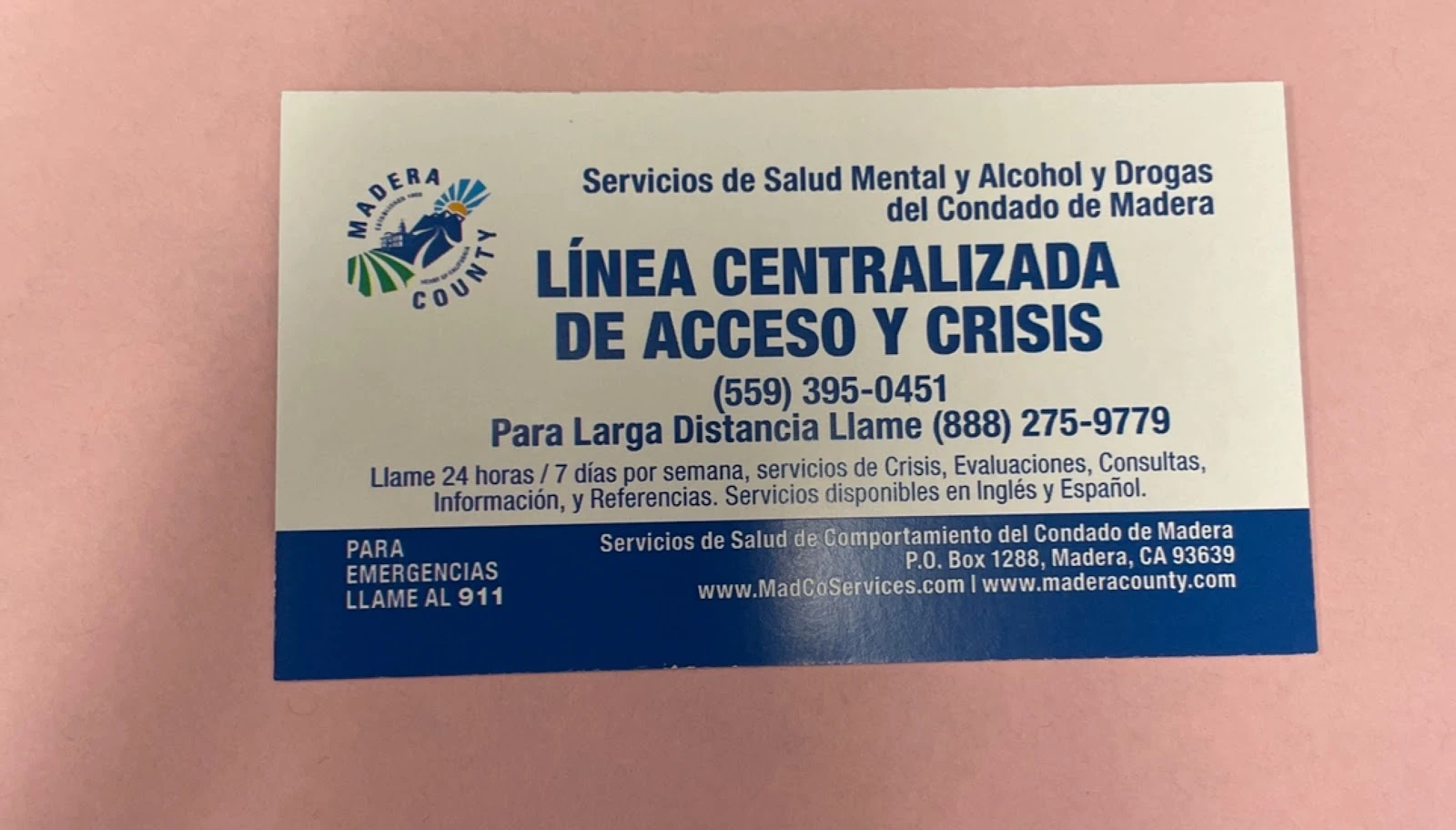WestCare Belmont Health and Wellness, located in Fresno, California, provides comprehensive treatment for adults and adolescents struggling with alcohol or substance addiction. Their array of programs includes outpatient treatment and aftercare support, with specialized services available for clients dealing with co-occurring conditions.
Outpatient programs at WestCare Belmont Health and Wellness offer varying levels of intensity, from minimal weekly sessions to more intensive treatment requiring an average of 10 hours a week. An initial assessment helps determine the appropriate level of care, which is adjusted as clients progress in their recovery. These programs are designed to provide flexibility while ensuring effective support for sustained recovery.
A significant focus is placed on dual diagnosis care, addressing both addiction and concurrent mental health challenges. Dual diagnosis treatment is essential for individuals experiencing addiction alongside mental health concerns such as anxiety, depression, or eating disorders. Treating these conditions concurrently increases the likelihood of a successful recovery, as it addresses the root causes and interconnected nature of these issues.
Group therapy is a cornerstone of the outpatient treatment process. These sessions facilitate a supportive group environment where clients can discuss and work through mental, emotional, and physical issues. Various group therapy models are employed, including support groups, experiential therapy, and educational workshops. The aim is to foster a sense of community and peer learning, enhancing the therapeutic experience and promoting healing.
Aftercare services at WestCare Belmont Health and Wellness include links to local community-based resources for continuous, long-term recovery support. This may encompass sober living residences, career counseling, medical providers, and similar programs to ensure a holistic approach to sustained recovery.
WestCare Belmont Health and Wellness accepts most forms of commercial insurance. Clients are encouraged to verify their coverage with their individual providers, as out-of-network benefits can vary.
WestCare Foundation's mission is to empower individuals to engage in a process of healing, growth, and change, benefiting themselves, their families, co-workers, and communities. Through their efforts toward “Uplifting the Human Spirit,” they strive to continuously improve and strengthen their programs, building for the future.
WestCare Foundation offers programs and services across the continuum of health and human services in 17 states, Guam, Puerto Rico, the US Virgin Islands, the Republic of Palau, the Dominican Republic, and the Commonwealth of the Northern Mariana Islands. Evolving from its origins as a single therapeutic community for men addressing drug addiction, WestCare now provides a myriad of programs for men, women, adolescents, families, and veterans. Their services range from outpatient and residential programs treating substance use and mental health disorders to shelters providing services to victims of HIV/AIDS, domestic violence, and homelessness, and programs within the criminal justice system.
WestCare’s four decades of growth have been predicated on meeting needs and filling gaps where real people need real help. Their doors are always open to welcome those seeking information about specific issues, services, programs, or help for themselves or their loved ones.
WestCare Belmont Health and Wellness is accredited by CARF, accreditation number 217827. They are also listed by SAMHSA and are licensed by the State of California.
WestCare - Belmont Health & Wellness Information
Treatment
Who We Treat
- Young Adults (18–25)
- Male and Female
- LGBTQ+
Approaches
- Family Therapy
- Group Therapy
- Cognitive Behavioral Therapy (CBT)
- Motivational Interviewing
- 1-on-1 Counseling
- Online Therapy
- Life Skills Training
- Relapse Prevention Counseling
Conditions We Treat
- Anger
- Co-Occurring Disorders
Languages
- English
Aftercare
- Outpatient Treatment
- Intensive Outpatient Program
- Employment Counseling
- Continuing Care
- Employment/Vocational Counseling
Level of Care
- Outpatient
- Co-Occurring Mental Health
- Aftercare/Continuing Care
Experience
Smoking and Vaping Policy
- Smoking Not Allowed
- Vaping Not Allowed
Accreditations
-
Commission on Accreditation of Rehabilitation Facilities (CARF)
CARF accreditation is a prestigious recognition granted to rehabilitation and human service organizations. It signifies that an organization meets high-quality standards, having undergone a rigorous evaluation process. CARF accreditation boosts an organization's credibility and ensures top-notch care for individuals with disabilities, injuries, or healthcare needs.

-
SAMHSA certification for opioid treatment program (OTP)
Accreditation by the Substance Abuse and Mental Health Services Administration (SAMHSA) for Opioid Treatment Programs (OTPs) signifies that a program has met strict standards for providing high-quality care to individuals with opioid use disorders. It assures patients, families, and communities that the OTP follows evidence-based practices, employs qualified staff and maintains a safe and effective treatment environment. This accreditation reflects the program's commitment to addressing the opioid epidemic and promoting recovery.
-
State department of health
Government agencies issue State Licenses, granting permission to rehabilitation organizations to conduct their business operations lawfully within specific geographic regions. Generally, the particular rehabilitation programs offered by a facility and its physical location dictate the necessary licenses needed for legal operation.

Additional Locations
WestCare - Belmont Health & Wellness Accepts The Following Insurance Plans
Find the best treatment options. Call our free and confidential helpline today!




